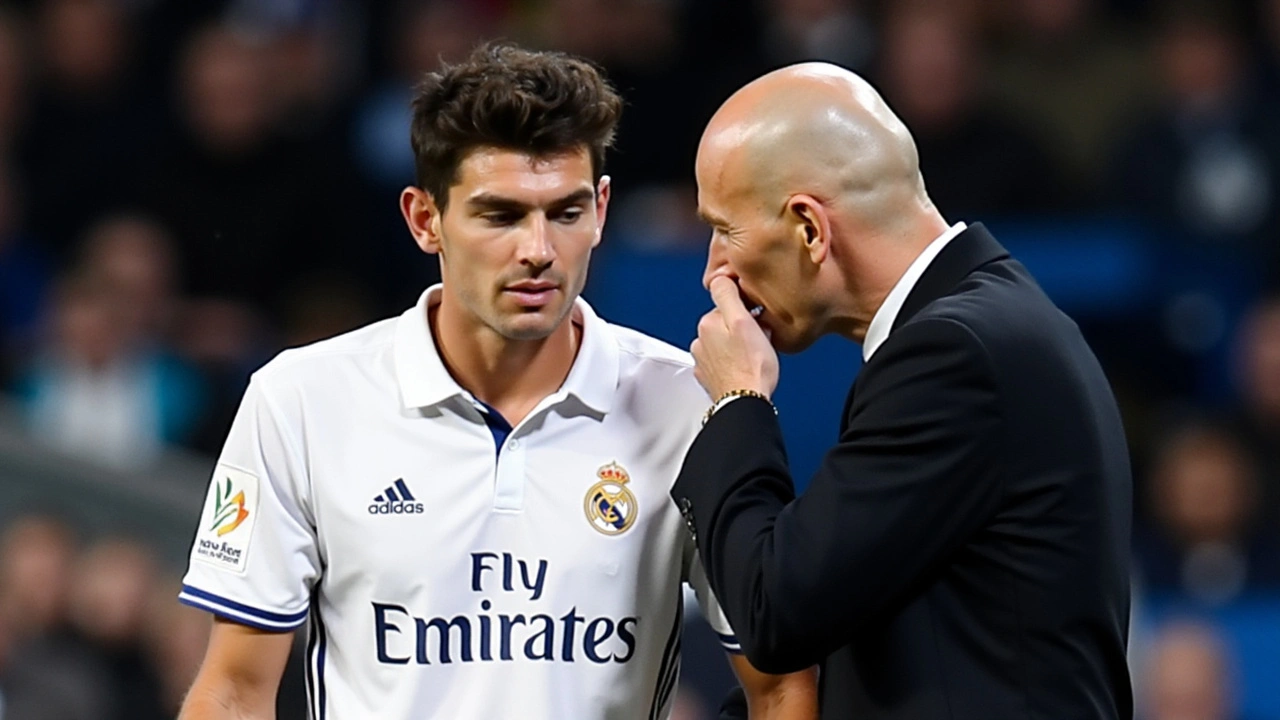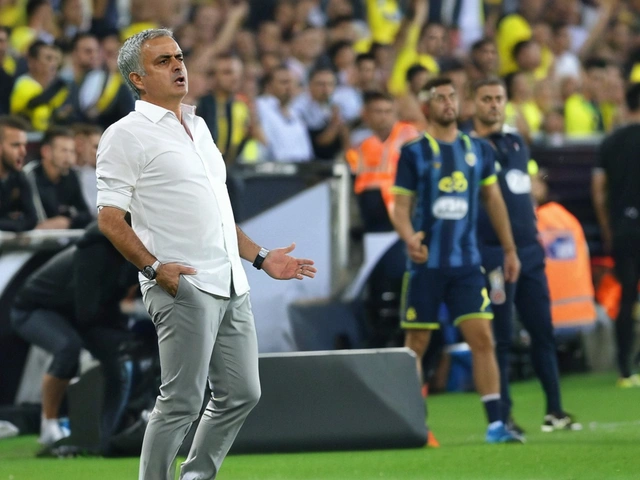Football Retirement: What Happens When the Whistle Blows One Last Time
Walking away from the pitch isn’t as simple as hanging up a boot. Most players think about retirement years before they actually stop playing. In this guide you’ll get the real‑life steps footballers take, the age most hang up their shoes, and where they head after the final match.
When Do Players Usually Call It Quits?
The average retirement age in top leagues sits around 33‑35 years old. Goalkeepers often stick around a bit longer, sometimes hitting 38 or even 40. Injuries can speed things up – a broken ligament at 28 might force an early exit. Clubs also look at fitness and contract length; if a player’s form dips, the club may not renew, nudging the player toward retirement.
Financial Planning and Staying Smart
Money matters more than most fans realize. Players sign agents and financial advisors early to protect earnings. A common rule is to save at least 30 % of every salary for life after football. Investments in property, businesses, or even coaching licences are popular. For example, a former Premier League star might buy a house in his hometown and start a youth academy – a way to give back and keep cash flowing.
Taxes are another headache. Players moving between countries need to understand different tax regimes. That’s why many hire accountants who specialize in sport. Missing a tax filing can mean hefty fines that bite into retirement savings.
New Careers: From TV to Coaching
Retirement doesn’t mean disappearing. Many ex‑players become pundits, using their on‑field experience to break down games for fans. Others pursue coaching badges; the UEFA A licence is a common stepping stone to managing a professional side. Some open restaurants, launch clothing lines, or become ambassadors for charities. The key is to start planning while still playing – a side project can become a full‑time gig later.
Take the case of a South African midfielder who, after hanging up his boots at 34, opened a football school in Durban. He uses his name to attract sponsors, and the school now trains over 200 kids each year. It’s a win‑win: the player stays involved in the sport and creates a steady income stream.
Keeping the Legacy Alive
Fans love stories, so many retirees write autobiographies or join documentaries. Sharing personal highs and lows helps cement their legacy and can inspire the next generation. Social media also plays a big role – a retired striker might post training tips on Instagram, keeping his brand alive.
Lastly, staying fit matters. Even without a contract, many ex‑players run charity matches, stay in shape, and avoid health issues that can arise from a sudden lifestyle change.
In short, a football retirement is a mix of timing, money moves, new jobs, and legacy work. If a player thinks ahead, the switch from the stadium to everyday life can be smooth and rewarding.
Enzo Zidane Announces Retirement from Football: A Look Back at His Career and Future Plans
Enzo Zidane, the eldest son of football icon Zinedine Zidane, has retired from professional football at 29. His decision is fueled by a desire to focus on personal life and investments. Enzo's career featured playing for clubs like Real Madrid Castilla, Alavés, and Fuenlabrada, with standout moments including scoring on his Real Madrid debut.
View More





